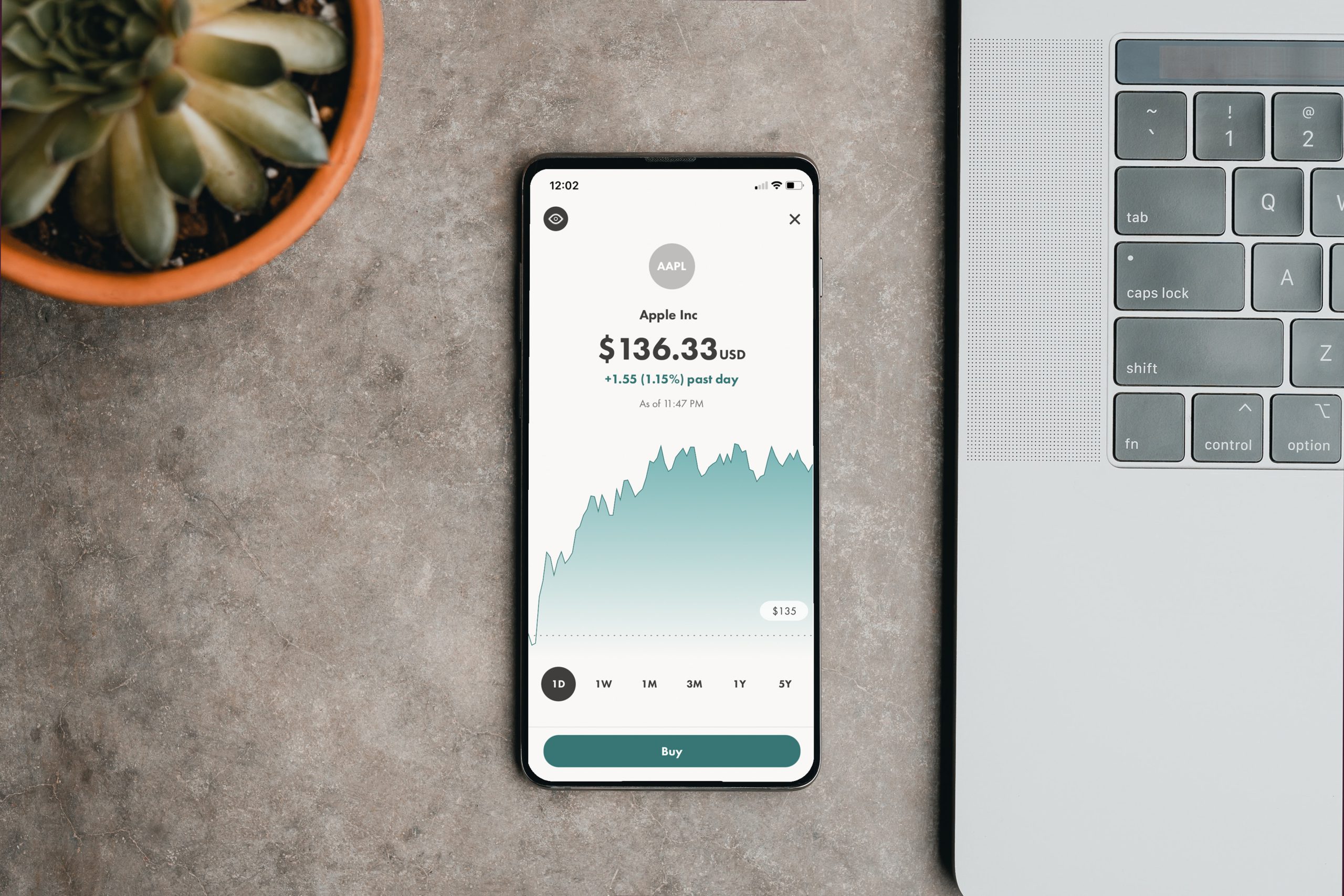When it comes to investing, there is no one-size-fits-all answer. The best age to start investing depends on your personal financial situation and goals. There are some general guidelines that you can follow. If you’re looking for advice on how to get started as an investor, keep reading! We’ll discuss the benefits of early investment and provide tips for first-time investors.
What is an investor?
An investor is someone who commits money to an enterprise with the expectation of earning a financial return. Investors can be individuals, businesses, or organizations. They can invest in a wide variety of things, including stocks, bonds, real estate, and precious metals.
Learn Business Online
Meet Amphy
The largest marketplace for live
classes, connecting and enriching
humanity through knowledge.


